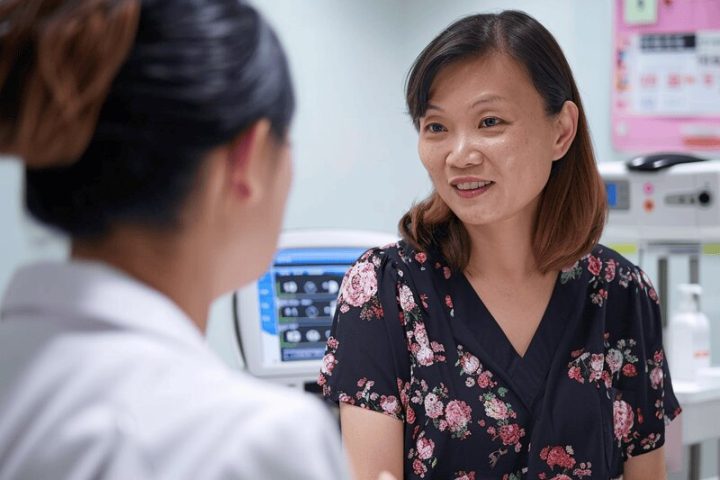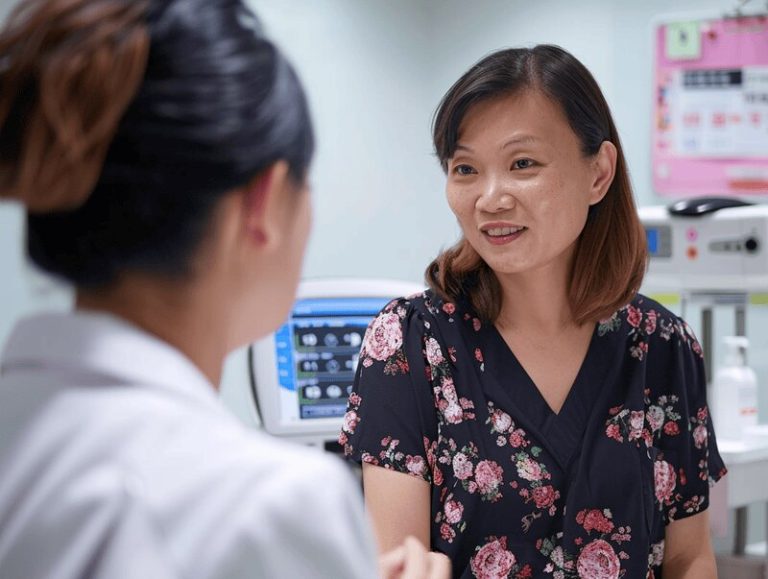Why Is Health Screening Important?
Health screening in Singapore plays a vital role in preventive healthcare, offering the opportunity to identify potential health issues before they become serious. Early detection is crucial in managing or even preventing certain conditions and complications. With many screening packages available, choosing the right one can feel overwhelming. This guide will help you make an informed decision and select the package that best suits your needs.
1. Understand Your Health Needs
The first step in selecting a health screening package is understanding your personal health needs. Factors like age, family medical history, lifestyle habits (such as smoking or physical activity), and existing medical conditions can influence which tests are most relevant for you. For instance, someone with a family history of heart disease may need screenings for cholesterol and blood pressure, while others may benefit from diabetes or cancer-related tests.
2. Consider Your Age and Gender
Health screening needs vary by age and gender. Younger individuals may require basic tests such as blood pressure, cholesterol, and glucose levels, while older adults should consider comprehensive screenings for age-related health risks, such as bone density tests and ECGs. In Singapore, women aged 25 to 69 are advised to undergo PAP smears every three years, with regular mammograms recommended after age 50. Men over 50 may benefit from prostate-specific antigen (PSA) tests to screen for prostate cancer. For more details on recommended health screenings, refer to the MOH’s health screening guidelines.
3. Know What Tests Are Included
Health screening packages typically include a range of tests, from basic to comprehensive. Common tests may include:
- Blood tests to measure cholesterol, blood sugar, and liver function.
- Urine tests to check for infections or kidney issues.
- Imaging tests like chest X-rays, ultrasounds, or ECGs to assess organ health.
- Cardiovascular tests for evaluating heart health.
Understanding the tests included in various packages ensures that you’re receiving the screenings most relevant to your health.
4. Decide Between Basic or Comprehensive Screenings
Health screening packages often range from basic to comprehensive:
Basic Health Screening
Basic packages cover essential tests like blood pressure, cholesterol, and glucose. If you’re generally healthy with no major risk factors, a basic package may suffice.
Full Health Screening
Comprehensive packages include more advanced screenings such as cancer markers, imaging tests, or bone density scans. If you have a family history of chronic illness or are concerned about a specific condition, a comprehensive package might be a better option.
5. How Often Should You Do Health Screenings?
The frequency of health screenings depends on your age, risk factors, and overall health status. Younger, healthy individuals may only need to undergo screening every few years, whereas older adults or those with pre-existing conditions may require more frequent testing. It’s important to consult a healthcare professional to determine the right schedule for you.
6. Compare Costs
Health screening packages can vary in cost depending on the number and complexity of tests included. It’s important to compare different packages and ensure that you’re getting value for your money. Keep in mind that the cheapest package may not always be the best option if it lacks essential tests relevant to your health needs.
7. Consult a Doctor
Before selecting a health screening package, it’s helpful to consult a doctor who can assess your health needs and risk factors, recommend the necessary tests, and guide you in choosing the most appropriate package.
Summary: Stay Proactive with the Right Health Screening Package
Choosing the right health screening package is key to staying proactive about your health. It starts with understanding your unique needs and knowing which tests are most relevant to you. By factoring in your age, gender, family history, and potential health risks, you can find a package that fits your profile – striking the perfect balance between cost, convenience, and comprehensive care. Taking this step empowers you to take charge of your well-being and prevent potential health issues early on.















